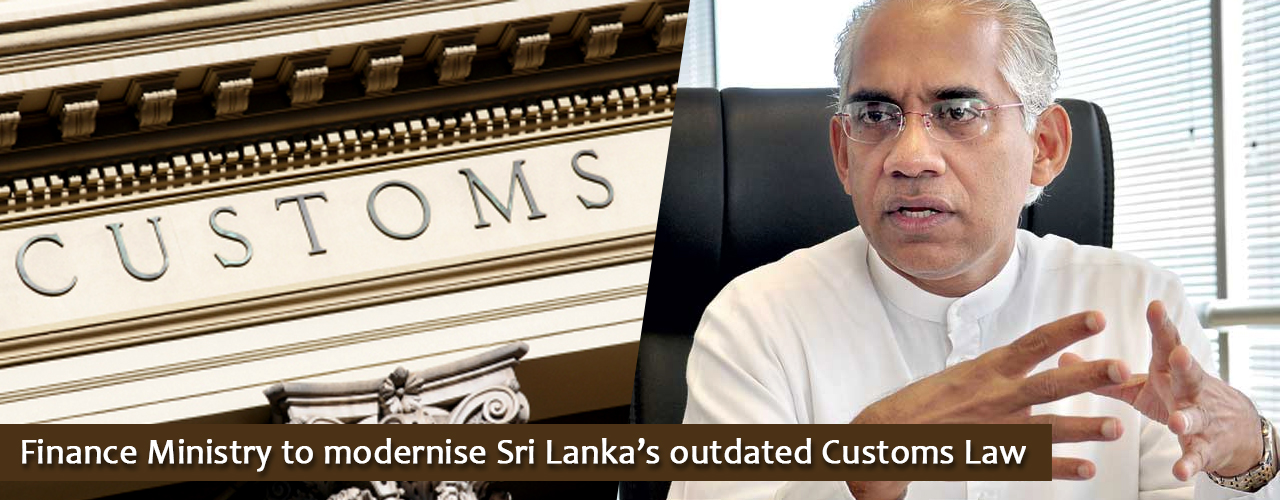Finance Ministry to modernise Sri Lanka’s outdated Customs Law
The Finance Ministry plans to modernise Sri Lanka’s 200 year old customs law with the objective of positioning the country as a modern global trading hub.
The Finance Ministry has expressed its intentions of following through with the programme despite various objections raised by certain officials at Sri Lanka Customs.
During a ceremony to begin construction of a container scanning facility at the Colombo Port, Minister of Finance and Mass Media, Mangala Samaraweera stated that since the prevailing Customs legislation in the country was nearly 200 years old, based on the 1869 Customs Ordinance.
He also explained that following numerous legislative amendments, the legislation has now become a complex yet archaic law it was unsuitable for keeping up with the developments of modern global trade, and therefore hindered the government’s commitment to position Sri Lanka as a global trading hub.
The Minister further noted that if the key trade facilitation agency in the country was relying on a 200-year-old legislation, then it would frustrate all efforts to embrace modern global trading practices.
Samaraweera also noted that his Ministry was in the process of updating many of the archaic laws in other areas as wellwith the aim of ensuring that all Finance Ministry agencies worked within a state-of-the-art legislative framework.
OSL TAKE:
Sri Lanka’s archaic Customs laws that date back to the country’s period of British colonisation have vested extensive powers on customs officers with regard to search and confiscation. Customs officials have also been known to have resisted orders from higher authorities regarding ad hoc clearing of goods without fear of being subject to any disciplinary reprisals.
Customs officials have got accustomed to enjoying such immense powers under the existing laws that they resorted to trade union action after a decision to repeal the customs ordinance was announced last year, on the claim that a new law was being drafted to weaken the powers of customs officials.
Also, Sri Lanka’s high customs duties and protectionism has led to undervaluation of goods and a prevailing environment of smuggling and corruption.
Introduction of an updated modern customs law will signal a green light to trading partners who have been previously repelled by the country’s rigid legislation and eventually attract a new wave of business.
A modern legislative framework that will restructure the Sri Lanka Customs Department and its activities will enable existing operators to enhance their business activities.
| Article Code : | VBS/AT/31082017/Z_2 |

